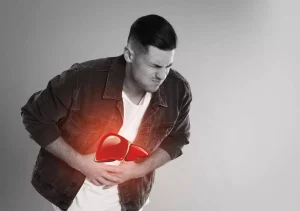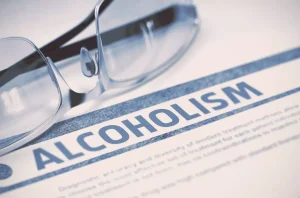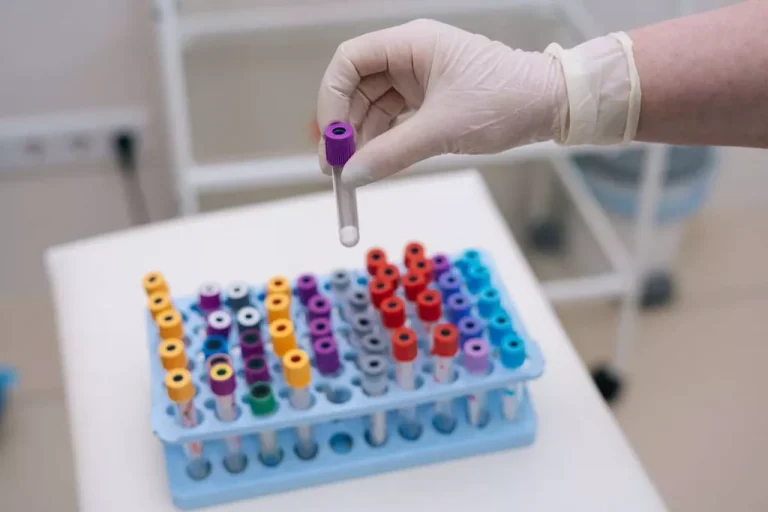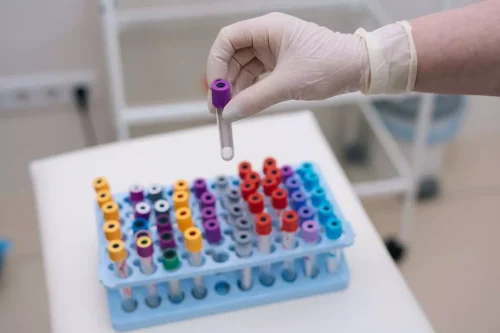
Trembling, or tremors, occur in 30-50% of individuals with alcohol-induced anxiety disorder. Tremors are involuntary muscle movements, often affecting the hands but can also occur in other parts of the body. This symptom is most common during alcohol withdrawal, as the nervous system becomes hyperactive in response to the sudden absence of alcohol. On top of that, notes Dr Hunt, if a person has anxiety or depression they are more susceptible to alcohol use disorder.
Women’s Mental Health: Empowerment and Wellness
Sweating, particularly night sweats, affects 50-70% of individuals with alcohol-induced anxiety disorder. This symptom results from the body’s attempt to regulate itself during alcohol withdrawal. As the body detoxifies from alcohol, the autonomic nervous system becomes hyperactive, leading to excessive sweating. Sweating is more common in individuals undergoing severe withdrawal or those with a long history of heavy alcohol use. Sleep disturbances, including insomnia and poor sleep quality, affect 60-80% of individuals with alcohol-induced anxiety disorder.

Change your relationship with alcohol
- Research in a 2019 article suggests that up to 50% of people having treatment for AUD also meet the criteria for at least one anxiety disorder.
- Even one drink can interrupt the natural cycles of sleep, causing a nervous or irritable feeling the next morning.
- Panic attacks affect 20-40% of individuals with alcohol-induced anxiety disorder.
- Either way, anxiety is a side effect of alcohol (Cherney & Jewell, 2016).
- Ultimately, the only way you can completely eradicate hangxiety is to reduce your drinking or stop drinking entirely.
People can speak with a doctor if they experience AUD and anxiety. Some individuals may benefit from treatments such as medication or counseling. Similarly, people with severe anxiety disorders may be more likely Substance abuse to develop AUD, particularly if they use alcohol as a coping mechanism. According to a 2019 paper, panic disorder has a strong association with AUD.
Best Jobs for People with Social Anxiety

The disruption of the brain’s pathways can impede the brain’s ability to regulate moods and behaviors. I joked at the time that I had OCD moments, but I now realize that I was in alcohol and anxiety the early clutches of a full-blown anxiety disorder. And, by the way, had actually developed OCD (obsessive-compulsive disorder).
- “Has alcohol become a need rather than a want or something that you like?
- You’re probably noticing a pattern between drinking to relax and increased anxiety.
- This causes oxidative stress (an imbalance between helpful antioxidants and harmful free radicals that can lead to disease), marked by excess toxins in the body.
The Myth of Alcohol as a Stress Reliever
This means you’ll wake up feeling unrested, groggy, and generally not your best. Let’s explore the true effects of alcohol and how short- and long-term consequences can hide behind the guise of relaxation. Every month, 150,000 people search for addiction or mental health treatment on Recovery.com. Researched, fact-checked and transparent articles and guides that offer addiction and mental health insight from experts and treatment professionals. Women are more likely to experience insomnia than men, due to hormones and higher rates of anxiety and depression. It was not possible to manage my anxiety or depression without sobriety.
When moderate use becomes heavy drinking, it can cause new anxiety. Either way, anxiety is a side effect of alcohol (Cherney & Jewell, 2016). Once people begin to use alcohol for their anxiety, they often continue to do so. Alcohol, after all, is a sedative, a depressant for the nervous system.
Treatment & Support

We drink to manage stress and anxiety, not realizing that alcohol changes our brain chemistry and hormones in ways that make us more stressed, anxious, and depressed. It also disrupts your body’s ability to manage stress, lowering overall stress tolerance. Over time, you will become stressed more easily by everyday life and experience lower mood quality. Even moderate amounts of drinking have been shown to increase cortisol production, which ultimately makes you feel more stressed, even in your daily life when you aren’t drinking anything.